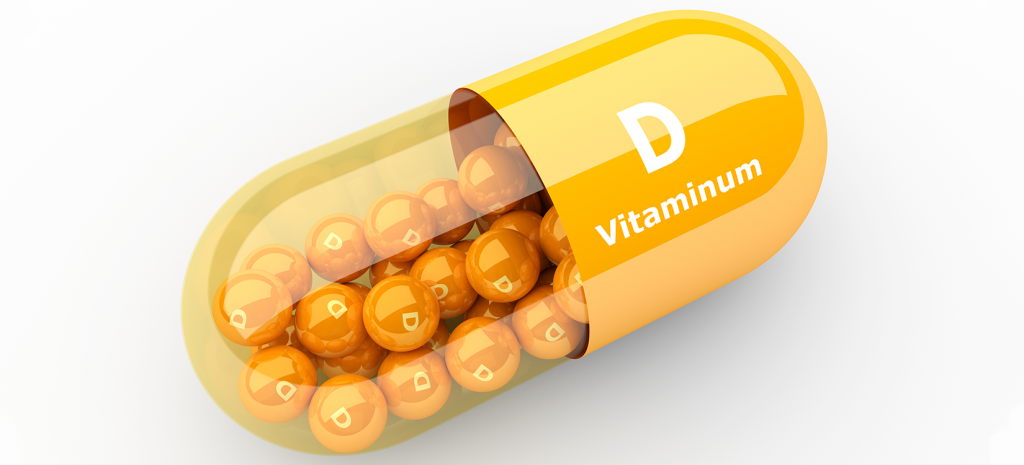Vitamin D supplements
In a world when we are bombarded with information on nutrition, exercise, sun exposure and clean eating, it can be difficult to navigate through the mixed messages and know what to advise patients.
This year a government commissioned report by the Scientific Advisory Committee on nutrition went against the previous school of thought and recommended that we should consider taking vitamin D supplements. Prior to this we have been advised we receive enough vitamin D, and supplementation was for babies from six months to five years and for those at risk of deficiency.
This new report highlights evidence that suggests sunlight and diet alone may not be able to provide us with the sufficient levels of vitamin D the body needs to help absorb enough calcium and phosphate from our diet. A lack of vitamin D can lead to brittle bones, osteomalacia and rickets in children.
Exposure to the sun is the best way of obtaining vitamin D, as our body regulates its production to avoid reaching toxic levels. As yet, there is no consensus as to the effects of over-supplementation of vitamin D or how much sunlight is required to produce enough vitamin D. This varies vastly from person to person, depending on factors such as skin type, location and cloud cover. The message of increasing the skins exposure to the sun could again cause confusion as previously we have been advised to reduce our skin’s exposure to the sun to avoid damaging the skin and increasing the risk of skin cancer.
Nursing in Practice Liverpool has decided to tackle this confusion at the Adelphi on the 2nd February by inviting Linda Mullen, Nurse Consultant in Skin Cancer at Broadgreen Hospital, Royal Liverpool & Broadgreen University Hospital Trust to share her views on what advice should be given to patients.
